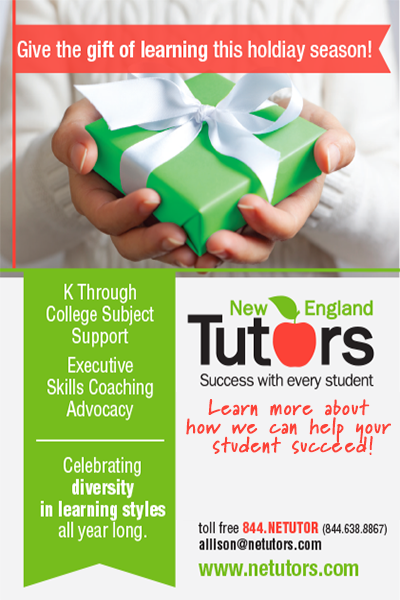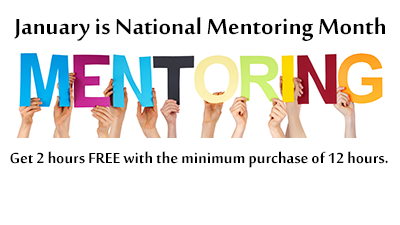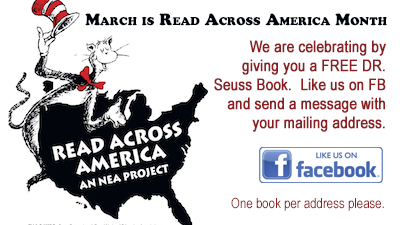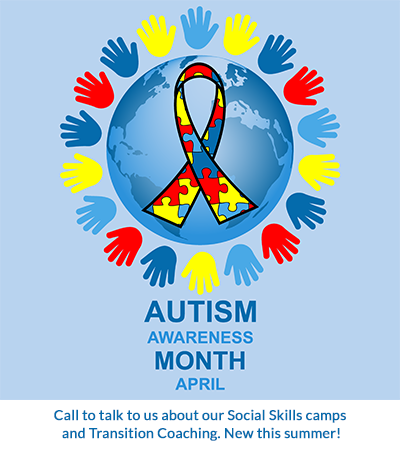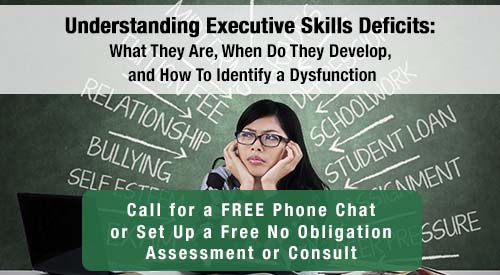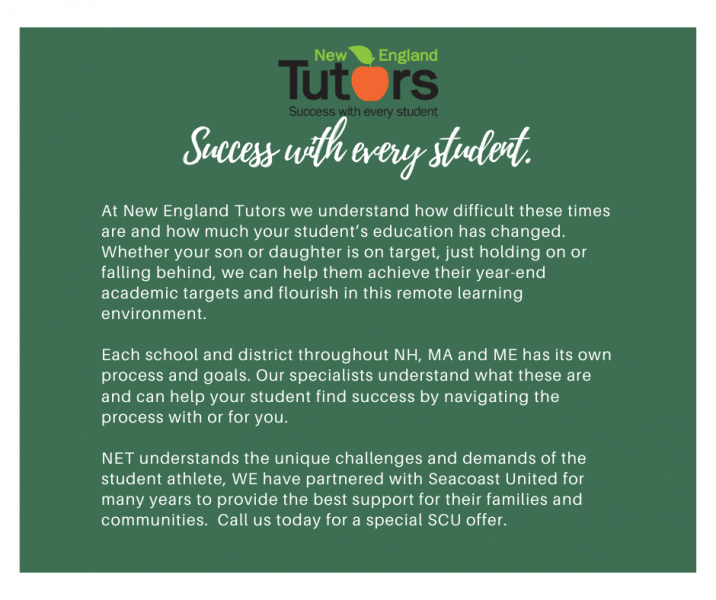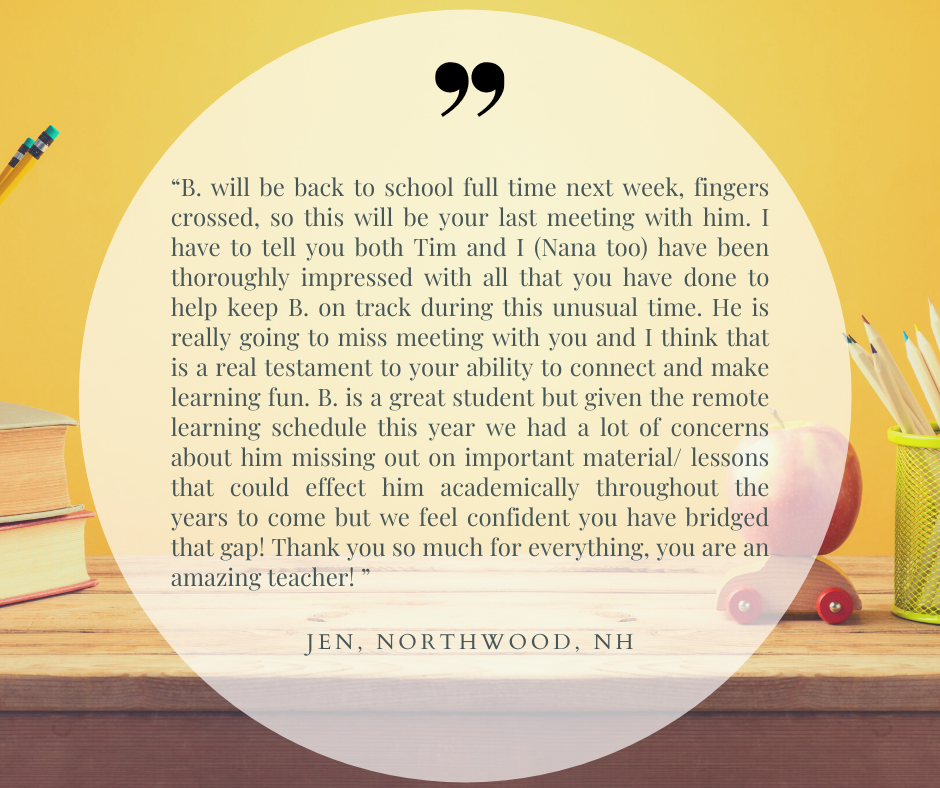The average child in the United States spends roughly 8 1/2 hours a day watching TV, listening to music, and playing video games. And how much of their leisure time to do they spend reading nonfiction?
Less than 4 minutes a day.
That’s the finding from a national study sponsored by the Kaiser Family Foundation (Rideout, Foehr, & Roberts, 2010). Sure, children are reading outside school—about 25 minutes a day, according to the study. But most of that reading appears to be fiction. Another study found that juvenile fiction outsells nonfiction by more than 4 to 1 (Milliot, 2012).
Students who read more tend to learn more vocabulary, become more proficient readers, find reading more enjoyable, and thus continue to read more. Poor readers, on the other hand, tend to read less and lose ground. Over time, these differences create a huge gap in learning. Now, researchers have discovered that it’s not just how much students read that matters, but also what they read.
Nonfiction texts prepare students to think logically, analyze data, and discuss complex and controversial issues.In particular, students need to read and comprehend informational texts as often—and as fluently—as they do narrative texts.
The New Hampshire Curriculum Framework states that the ability to read is essential for students to succeed as learners, both in school and throughout their lives, and to become contributing members of society. Good readers combine the inclination to read with the ability to use monitoring and discussion to develop understanding. They employ multiple strategies and processes to understand the written word.
Although test results are only one measure of student achievement, they have become increasing important tool in the assessment of student learning. It is important to be aware of both your child’s score on the assessments and the overall score for his or her school.
The Fall 2013 NECAP (New England Common Assessment Program) results for the state of New Hampshire show that 54% of students tested are now reading at a “Proficient” level. However, 23% are divided between “Partially Proficient” and “Substantially Below Proficient” levels. The more telling number is the “Proficient With Distinction” percentage. Only 23% of New Hampshire’s students achieved this level during testing.
What’s worse, some 20% of students who go to four-year colleges and 40% who attend a community college require some kind of remedial reading course. The lack of readiness contributes to the high dropout rate among college freshman–a staggering 30 percent.
It Starts With A Book
Perhaps the easiest way to spark your child’s interest in nonfiction reading is to get them to pursue their passion. Are they gaga over bugs? Is it airplanes, music, art, the ocean? Start by encouraging your child to learn more about what interests them the most. Finding books that connect experiments with what your child already knows about life and nature helps to discourage the “so what?” factor.
Start with a visit to your local library and pick out a few nonfiction books to read together. You can also find nonfiction books at yard sales and even thrift shops. Magazines, newspapers and cookbooks are great tools, too. For those of us living within the confines of a rural neighborhood, there are dozens of websites that offer free nonfiction books, such as: www.bookstacks.org, www.bored.com and www.freeclassicbooks.com.
The facts your child discovers can be shared with family members and friends. So make opportunities to share what you both find out – such as telling people what the Romans put in their toothpaste (something nasty – Google it!).
Although fiction is a great way to lose yourself in another’s imagination, teach your child that the real world is a great story too!


